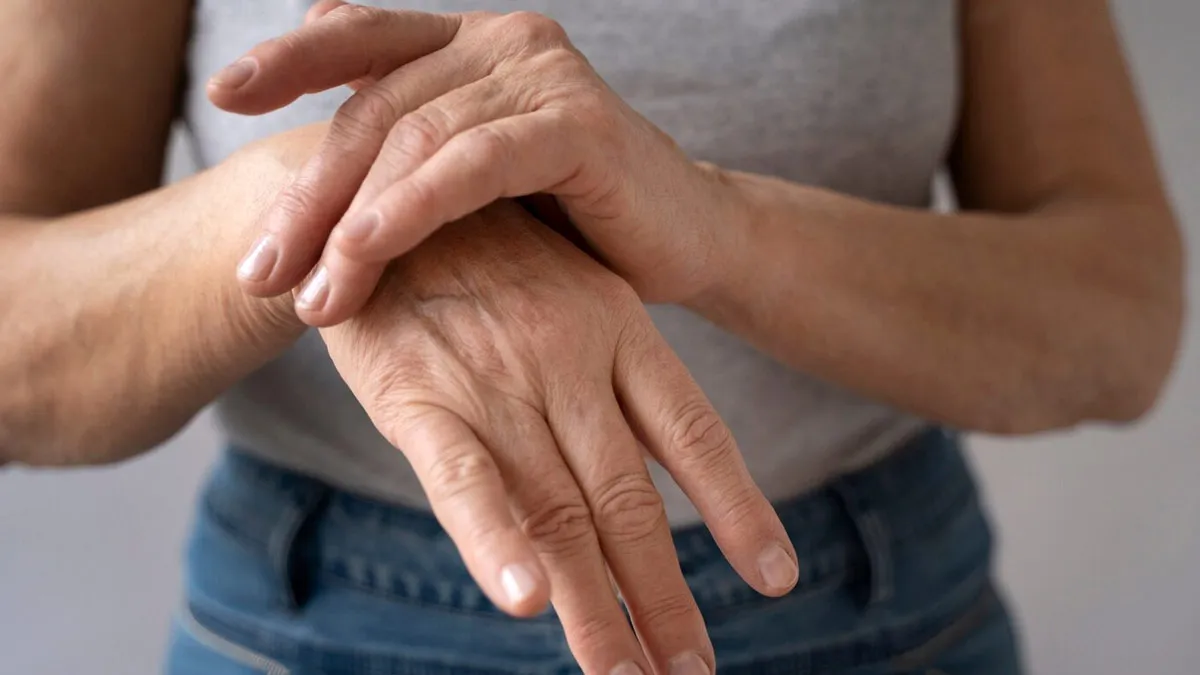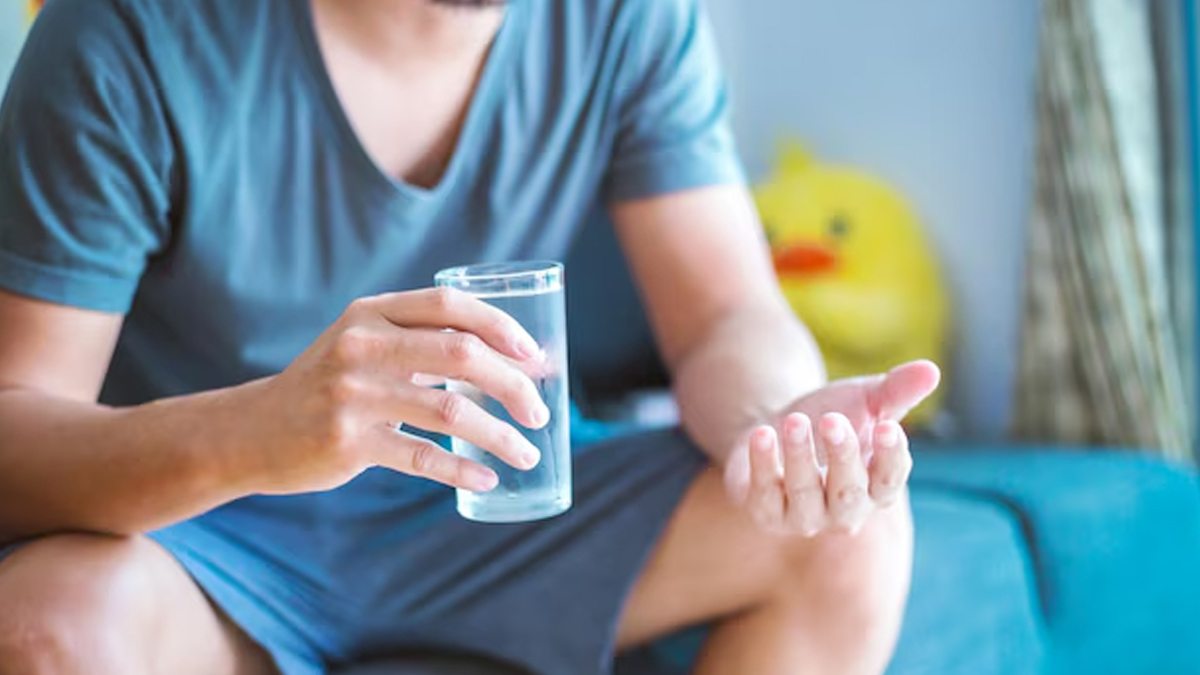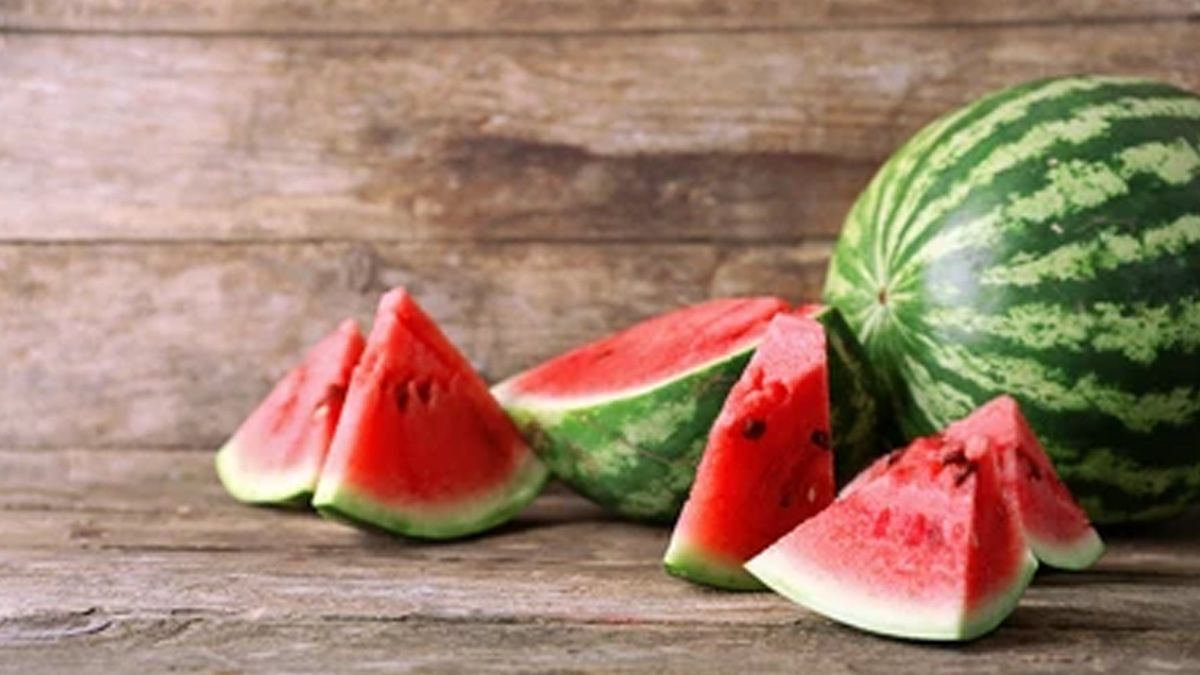
Waking up with stiff joints, struggling to open a jar, or feeling like your body is fighting against you. This is the daily reality for many people living with Rheumatoid Arthritis (RA). Managing RA can seem like a job in itself, from keeping up with medications to fine-tuning your diet and exercising. But there's one easy, frequently overlooked habit that can pay off: staying well-hydrated. Hydration may not be the first thing you associate with joint health. However, it plays a subtle yet important role in decreasing inflammation, aiding mobility, and enabling your body to get along a little better every day.
Table of Content:-
Why Hydration Matters in RA

RA is an autoimmune disease in which your immune system mistakenly attacks the lining of your joints. This causes inflammation, swelling, pain, and stiffness, particularly in the mornings or after prolonged periods of rest.
Water lubricates your joints, helps regulate body temperature, removes toxins, and transports nutrients to your cells. All of these are important for maintaining inflammation under control and avoiding flare-ups.
When you're even slightly dehydrated, your joints can feel stiffer and more painful. Dehydration also makes you feel more tired and hazy, something that people with RA already experience due to chronic inflammation.
Also Read: Signs Your Rheumatoid Arthritis Is Going From Bad To Worse
1. Water: The Best Anti-Inflammatory Drink?

While there’s no miracle drink for RA, water is the closest thing to it. It keeps your synovial fluid (the joint lubricant) moving freely. That translates to less friction, less pain, and maybe better mobility. Even slight dehydration could increase inflammatory markers in the body, hence, staying hydrated becomes crucial.
A study published in Nutrients found that diets with higher inflammatory potential were associated with increased disease activity in RA patients, highlighting the importance of dietary choices in managing inflammation.
2. How Much Should You Drink?
There is no single correct answer, but a good general guideline is roughly 2 to 2.5 litres a day (8–10 cups). This can, however, depend on:
- Your level of activity
- The weather
- Medications (some RA medications will make you urinate more or cause dry mouth)
- Other diseases, such as kidney disease or heart disease
Listen to your body. If you have a dry mouth, your urine is dark, or you are dizzy or tired, those could be early warning signs you need to increase your intake and may be early signs you need to up your intake.
3. Smart Hydration Strategies for RA

a. Start Your Day with a Glass of Water
Mornings are usually the stiffest time of day for those with RA. Having a glass of water as you wake up will get your system going and reduce joint stiffness.
b. Use Timers or Apps
If you forget to have water, attempt to set an hourly reminder or utilise apps. You should consume small sips all through the day and not guzzle down a litre at a time.
c. Eat Your Water
Hydrating foods like cucumber, watermelon, oranges, and lettuce can boost fluid intake without you noticing.
d. Sip Herbal Teas
Hydrating foods, such as cucumber, watermelon, oranges, and lettuce can increase fluid consumption without you even realising it.
e. Watch Out for Diuretics
Coffee, alcohol, and sugary beverages can dehydrate. You don't need to cut them out completely but offset them with more water.
Also Read: Why Women Are More Prone To Arthritis: Expert Explains The Role Of Hormones And Genetics
4. Hydration and Medication
Some RA medications can be tough on your liver and kidneys. Staying hydrated allows these organs to function better and can even decrease certain side effects. Discuss with your physician how much water is appropriate for you in terms of your current medications.
5. Watch Out for Hidden Dehydration
If you’re older, your sense of thirst may not be as sharp. Some people with RA also report nausea or reduced appetite during flare-ups, which can lead to unintentionally skipping fluids. Keep a bottle handy throughout the day and take sips often, especially before, during, and after any physical activity.
[Disclaimer: This article contains information for informational purposes only. Hence, we advise you to consult your professional if you are dealing with any health issue to avoid complications.]
Also watch this video
How we keep this article up to date:
We work with experts and keep a close eye on the latest in health and wellness. Whenever there is a new research or helpful information, we update our articles with accurate and useful advice.
Current Version